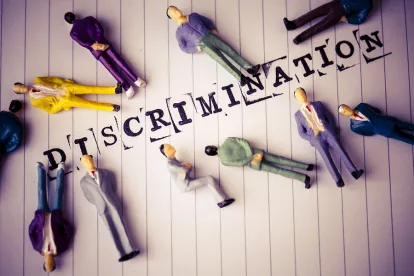Employers defend harassment claims not involving a loss of tangible employment benefits (i.e., hiring/firing, promotion, reassignment, changes in benefits) with a two-prong defense. First, they show that they exercised reasonable care to avoid such conduct and eliminate it if it occurs (an effective policy and prompt corrective action). Second, employers show that the complaining employee failed to act with reasonable care to take advantage of the policy. Employers are successful in obtaining summary judgments in such scenarios where the employee flounders on the second prong by either totally failing to use the policy or doing so belatedly – even as short as two to four months after the incident occurred. Complaining employees try to keep their claims alive, often by claiming that their failure to promptly invoke the harassment policy was not unreasonable. A generalized fear of retaliation, unsupported by specific evidence, has not carried the day for employees, and employers have successfully disposed of such cases on summary judgment.
In a July 2018 opinion, Minarsky v. Susquehanna County, the Third Circuit refined this analysis, finding workplace harassment to be highly circumstance-specific. According to the Circuit Court, the failure to report, or a belated report, does not, in and of itself, entitle the employer to summary judgment. Pursuant to this opinion, courts within the Third Circuit, (Pennsylvania, Delaware, New Jersey, and the Virgin Islands), must consider the reasonableness of the employee’s action/inaction – “a paradigmatic question for a jury.” Thus, if a genuinely-held subjective belief of retaliation appears to be well-founded, this belief would create a jury question. If the jury found this subjective belief to be objectively reasonable, the belief would defeat the second prong of the employer’s defense and permit the jury to resolve the employee’s underlying harassment claim – awarding damages and attorney fees if resolved in the employee’s favor.
Examples of factors that may be found to be objectively reasonable for the employee’s inaction include, among others, the parties’ working relationship, the conduct of the accused towards others, the employer’s follow-up and action on prior incidents and documentation thereof. If the complaining employee is able to present objective evidence of this nature, then according to the Circuit Court, the employee has created an issue of fact as to the reasonableness of his inaction which must be submitted to the jury for resolution and not short-circuited by the District Court’s award for summary judgment in the employer’s favor.
In today’s society, so many people refuse to take responsibility for their own actions/inaction. An employee who receives proper life support – i.e., “coaching” from his/her attorney – now will come forward with some rationale for his/her failure to timely utilize the harassment reporting procedure. If this rationale is based on any objectivity, District Courts within the Third Circuit are required to permit the jury to consider the reasonableness of the employee’s dereliction, along with the rest of the case. Employers within the Third Circuit now, more than ever before, must be more prepared to defend harassment cases all the way to a jury verdict. They, therefore, should ensure that their harassment policies are up-to-date and that they do prompt, through, and appropriate corrective action based upon any utilization of those policies.



 />i
/>i

